If you think someone has overdosed on drugs or alcohol, CALL 911!
If you seek medical help on behalf of someone with alcohol poisoning, you will be exempt from certain underage alcohol and drug possession charges.
Research suggests that fear of police involvement may be the main reason why people do not seek help in an overdose situation.
The 911 Good Samaritan and Naloxone Access Law grants immunity for charges from law enforcement, including campus safety. They cannot ticket you with underage possession or consumption of alcohol if you are seeking medical attention on behalf of someone who may have alcohol poisoning.
To make sure you receive amnesty, you must do 2 things:
- Provide your name when calling 911
- Stay with the victim until help arrives.
Under the UNC Campus Alcohol Policy, students will receive medical amnesty.
Medical Amnesty for Drug Use
If you seek help on behalf of a drug overdose victim, you and the victim will be exempt from certain drug charges. Charges include 1. Misdemeanor drug possession (e.g., marijuana); 2. Felony possession of less than one gram of heroin or one gram of cocaine; 3. Possession of drug paraphernalia.
In other words, you can call 911 or seek medical attention if you think a friend has overdosed, and the police cannot arrest you or the victim for any of the above, even if the drugs are in plain sight. If larger quantities of drugs or evidence of drug manufacturing, distribution, and/or selling are present, the law will not offer protection against those charges.
NOTE: Immunity from underage alcohol possession and drug possession charges does not apply if the request for assistance was made during the “execution of an arrest warrant, search warrant, or other lawful search.”
Quick tips in dealing with the amnesty law:
- Do not prevent officers from seizing any contraband or other evidence.
- Do not prevent officers from initiating detentions, arrests, and charges for other offenses.
- Officers acting in good faith are extended immunity from civil liability.
- You can possess and give naloxone, a drug that reverses opioid overdose.
About Opioids
Opioids are a class of drugs that include heroin and prescription pain medicines, like Vicodin. These drugs account for the majority of drug overdose deaths. Naloxone reverses an opioid overdose even if the person is already unconscious. Harm reduction organizations, law enforcement, and people using opioids are now able to obtain naloxone as a safety measure. So, a bystander or law enforcement officer can give the drug to an overdose victim without having to wait for EMS to arrive.
REMEMBER: If you think someone has overdosed on drugs or alcohol, CALL 911! Visit the North Carolina Harm Reduction Coalition (NCRC) website for information on this law.
